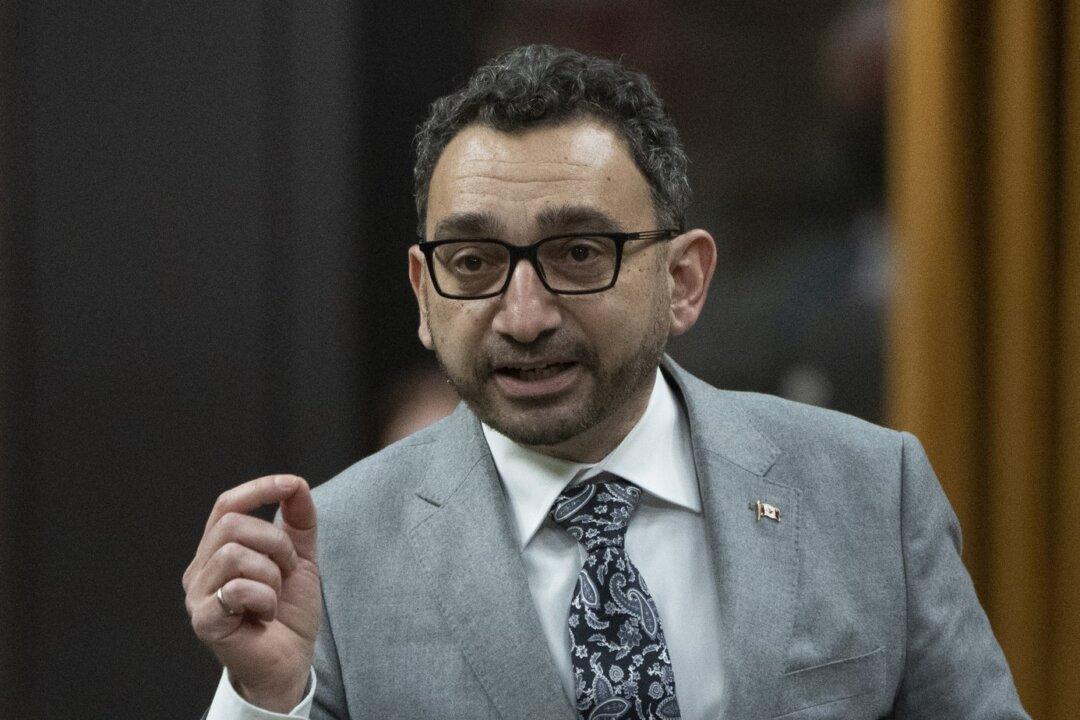Industry experts say Canadian natural gas has a role to play in Germany’s energy crisis, as Prime Minister Justin Trudeau questions if there is a business case for the export.
In a joint news conference with German Chancellor Olaf Scholz on Aug. 22, Trudeau said the government is open to easing regulatory requirements for projects that would facilitate the export of Canadian natural gas to Europe, while questioning whether a business case exists for such investments.
Questerre Energy Corporation president Michael Binnion said Germany moved “heaven and earth” to prepare its infrastructure to receive natural gas and there’s no reason Canada couldn’t move at the same pace.
“There’s no place better geographically, or you would think geopolitically, to be shipping gas to Europe than eastern Canada and there’s discovered gas reserves,” said Binnion, who is also the executive director of the Modern Miracle Network, an oil and gas advocacy group.
“If we truly believe there’s a crisis, there’s certainly no reason other than political reasons that Canada couldn’t emulate what Germany did.”
Binnion rejects any skepticism of there being a business case for shipping Canadian natural gas to Europe, as he says there have already been examples of successful models.
Without government interference, Utica Resources Inc. in Quebec could ship liquified natural gas (LNG) in one to two years, he said.
However, Binnion says, shipment of Quebec LNG to Germany could “never” happen in the current regulatory environment.
The government of Quebec enacted legislation this year to ban oil and gas development in its territory. Utica has launched a lawsuit to challenge the ban.
Earlier this year, the federal government also rejected a major LNG project in Saguenay, Quebec, based on its environmental impact assessment.
“While the political reasons are different, Russian gas is not getting to Europe for political reasons and Canadian gas is not getting to you also for political reasons,” Binnion said.
Richard Masson, an executive in the energy sector and executive fellow with the University of Calgary’s School of Public Policy, said he was surprised to hear Trudeau talk about easing regulatory processes considering the government has passed Bill C-69, which overhauls the federal environmental assessment process for major construction projects.
The Liberal government implemented the legislation in 2019, and no major projects have been approved under the new regulatory structure, Masson said.
“I’m sure they would be very loath to actually relax the regulations before the regulations have actually even been used or tried,” he told The Epoch Times. “So I wouldn’t put a lot of faith in that at this point as a viable option.”
Masson says a practical answer to help Europe’s energy need is for Canada to ship LNG to Asia from the west coast, so that Asian countries don’t need to buy natural gas from the Middle East, freeing up the resource for Europe.
“That’s a probably way less risky and more economic way for Canada to help Europe meet its energy needs over the near term,” he said.





